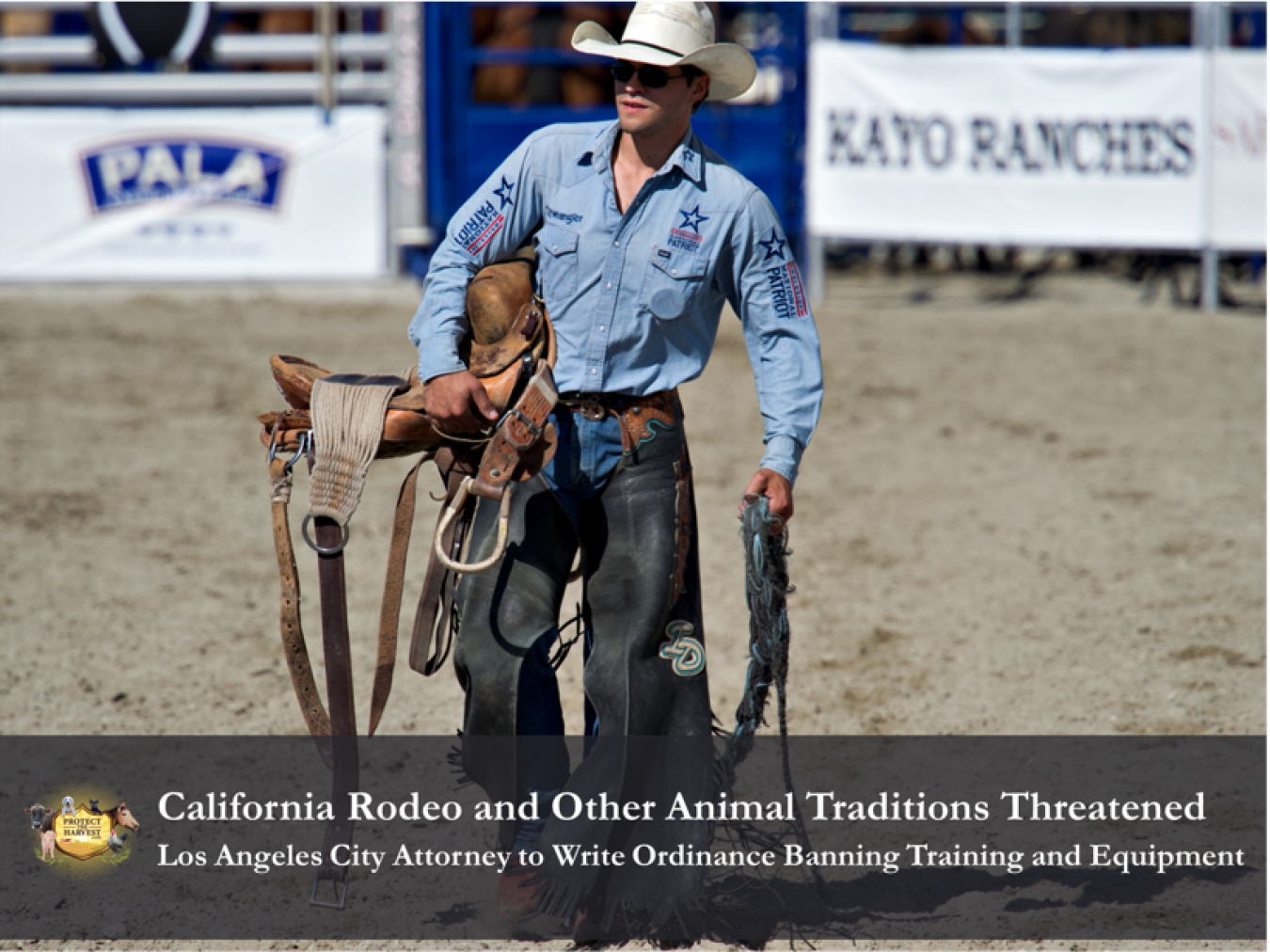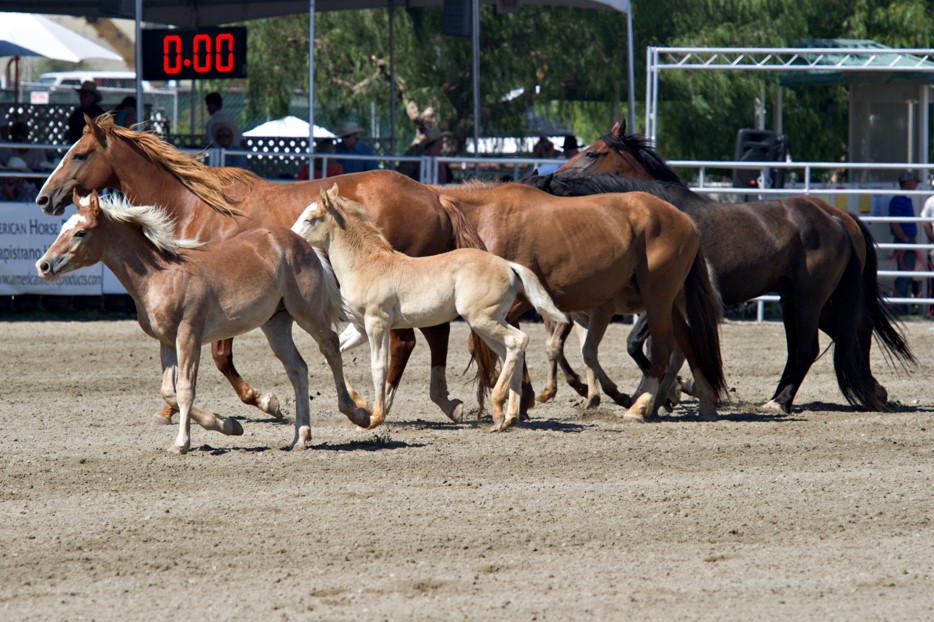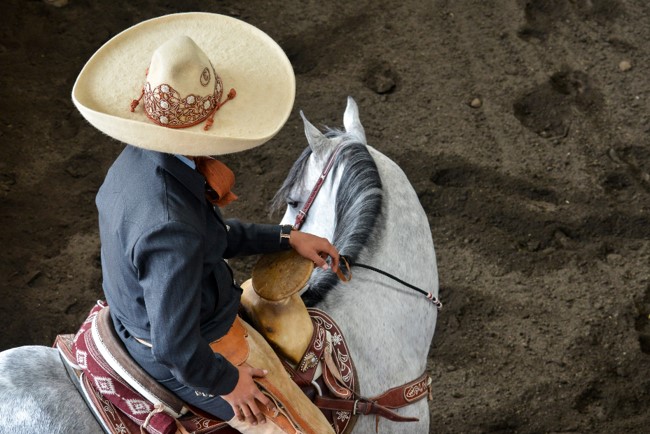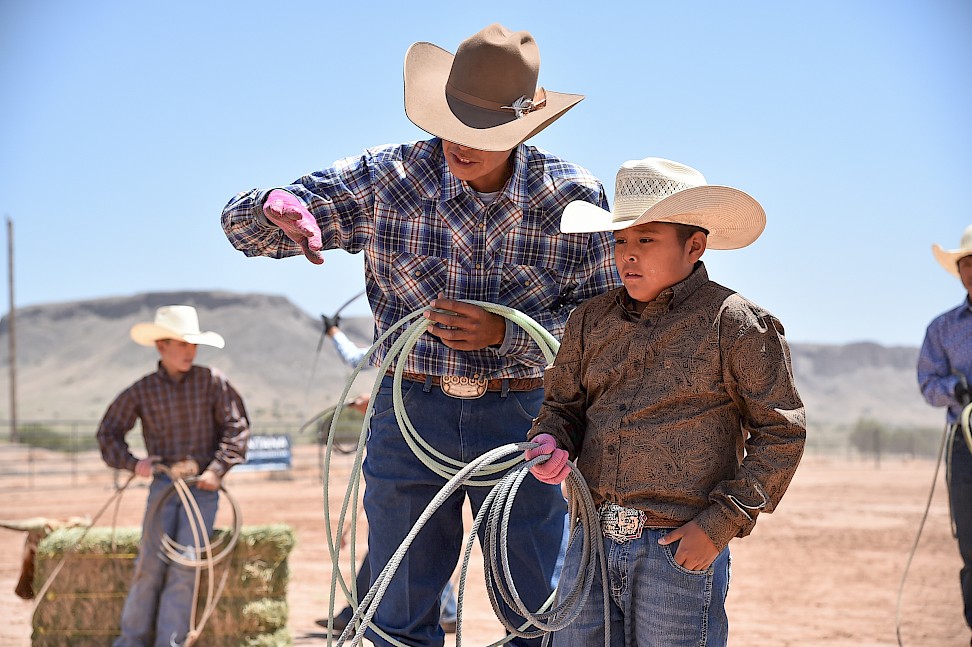
Late Tuesday morning February 23rd, a member of the Los Angeles City Council aired incoherent and unverifiable information in an attempt to stifle a centuries old tradition in California. If they succeed, this will only serve as the beginning of the end of so much rich history that has been celebrated safely in Los Angeles and the State of California for decades.
Here is the language of the Los Angeles City Council Motion requesting an ordinance be drafted effectively banning rodeo and rodeo like events in the city. It was signed by Los Angeles City Council member Bob Blumenfield and Seconded by Mitch O’Farrell:
“The City of Los Angeles has a history of acting in the best interest of animal welfare. The City took a leadership role in banning the use of bull hooks in the handling of elephants at traveling circuses or exhibitions, and the sale of fur products. Action to address inhumane treatment of animals at rodeos and rodeo-like events is long overdue. Numerous American cities have rodeo prohibitions or restrictions in place, including Pasadena, Irvine, and Napa County in California; Fort Wayne, Indiana; St Petersburg, Florida; Pittsburgh, Pennsylvania; Southampton, New York; and others. In 1992, Pittsburgh passed an ordinance that prohibited any rodeo or rodeo related event in which animals are induced or encouraged to perform through the use of any practice or technique, or any mechanical, electrical, or manual device that will cause, or is likely to cause physical injury, torment or suffering.
Rodeos often use a number of inhumane implements, including electric prods, flank straps, and spurs to encourage aggressive behavior in animals to produce an entertainment product. Animals suffer significant injuries during common rodeo events such as bull and bronco riding, steer wrestling, and calf roping. Many animals are putdown as a result of injuries sustained during these events. There are a number of rodeo events in the County and City of Los Angeles that utilize inhumane methods or instruments during their events. It is time for our City to act in the interest of animal welfare on this issue as it has in the past for other issues.
I THEREFORE MOVE that the City Attorney be requested to prepare and present an ordinance that would prohibit electric prods or shocking devices, flank or bucking straps, wire tiedowns, and sharpened or fixed spurs or rowels at all rodeo or rodeo related events in the City of Los Angeles, modeled after the City of Pittsburgh’s 1992 ordinance banning the aforementioned implements.”
The truth is rodeo animals are some of the best cared for animals in the world. The groups pushing these ordinances like HSUS, PETA, Last Chance for Animals, and SHARK are spending their donor dollars enriching their staff and pushing their ideology that the use of animals is akin to slavery and therefore abuse. PETA takes it as far as stating that animals are better off dead than in human care and are well known for euthanizing 85-95% of the animals they claim they are saving.

Rodeo companies are family owned and operated and realize no incentive from allowing their livestock animals to be injured, killed or treated in an inhumane way. Rodeo competitors are fined heavily if there’s any chance they’ve treated an animal in an inhumane way. These sanctions include disqualification from the rodeo. It is important to note that rodeo athletes – professional and amateur alike – are under no guaranteed financial contract like other professional athletes. They pay to enter each event and their winnings are their only paycheck.

The tradition of rodeo originates with Spanish and Mexican equestrian events dating as far back as the 17th century. The prowess and performance of the beautiful horses, cattle and other animals were paraded before royalty. Cattle were introduced to exhibit the athleticism of horse and rider. Because the performing animals were revered, the safety of the cattle, horse and rider all became of paramount importance. Rodeo now employs hundreds of thousands of global citizens. Competitors from Mexico, Central America, South America, Canada, Europe, and Australia participate in rodeos across the United States and bring traditions from their own nations, further enriching ours.
The key points of this Motion and request to the Los Angeles City Attorney lie within the subtleties of the language used and the request to follow the Pittsburgh ordinance. Specifically the ordinance reads, “any (sic) event in which animals are induced or encouraged to perform through the use of any practice or technique;”. This language is extremely alarming and everyone who owns and competes with animals should take notice. Should this legislation move forward, say goodbye to dog shows where our well-trained canine companions happily perform alongside their handlers. These animals undoubtedly get the best care and treatment imaginable while learning tricks and behavior to showcase their impeccable stature. Horse shows, including reined cow horse, barrel races, hunter jumper and dressage shows would fall under this language as well. Livestock shows and 4-H and FFA exhibitions would also be included. Training is exactly what the Pittsburgh ordinance was attacking when they used the words, “practice or technique.”
Think that’s a stretch? Consider that rodeo and rodeo related events are the low hanging fruit for agenda and ideology driven people like the LA City Council member who wrote the initial motion back in December of 2020. Their ideology and lack of any practical experience impacts their viewpoint. The goal of animal extremists is to start the erosion of known best practices and therefore making exhibitions and showing animals impossible by removing devices they wrongly suggest cause harm.
The ideology that animals are abused in human care can easily move on to “your dog can’t be on a leash because a leash is a manual device.” They would also be able to claim, “You’re coercing your dog here and that is against the city ordinance language” or “Los Angeles requires dogs to be on a leash but those are now illegal, so we’ll just take your dog from you.”
See what they did there? Training equals practice and technique. “Mechanical, electrical or manual device,” in the language can easily include leashes, kennels and thunder jackets that help your dog feel more safe and comfortable. Don’t be surprised if training your pup to stand safely at your side when neighborhood traffic may threaten their lives, becomes their next target.
The news headlines about this ordinance are mentioning training tools, but the overall goal is to eliminate rodeo and rodeo-like events and exhibitions. There’s an online petition circulating with over 22,000 signatures and growing attempting to ban ‘rodeo and rodeo-like events,’ outright. They start by sensationalizing unfamiliar practices, getting them banned, then using the ban inroads to expand animal extremism. They confuse and mislead the public by claiming it is an animal welfare issue. Never forget that the ultimate goal of groups like HSUS, PETA, and DxE is to end ownership of animals and consumption of animal protein as a whole. Their end goal doesn’t benefit humanity or the animals they pretend to protect.
Notice from the language in the Los Angeles City Council Motion the mention of rodeo equipment ban ordinances in other cities and states. It specifically lists: “Numerous American cities have rodeo prohibitions or restrictions in place, including Pasadena, Irvine, and Napa County in California; Fort Wayne, Indiana; St Petersburg, Florida; Pittsburgh, Pennsylvania; Southampton, New York; and others.” The motion to create a new ordinance is using the precedent set by other cities and states to legitimize their request. This is a tactic regularly employed in creating legislation. It is often said that what happens in California is followed by other states, and this is indeed a fact.
California has long served as a bellwether for initiatives like the ban on rodeo and animal exhibitions. California’s Propositions 2 and 12 were used to set precedence and as an example for other states to follow. California is unique in that anyone can get a cause they believe in on the ballot for voters to decide upon (ballot initiative). All you need is one million verified signatures supporting your petition. Propositions 2 and 12 were brought forth by citizens who likely have never stepped foot on a production farm. Proposition 12 was brought forth by a HSUS leader, Cheri Shankar who is married to a television producer and lives in Beverly Hills.
California’s massive urban voter base makes decisions as an inexperienced population who are swayed by “sad puppy eyed commercials” which affect animal agriculture and animal welfare policies. The City of Los Angeles motion indicates they fully intend to use the ill-informed “moral high ground” the city of Pittsburgh stood on and encouraged similar cities, which followed soon after. In the case of Propositions 2 and 12, these groups state clearly in writings on their own website that they immediately took the precedent set in California to the national level attempting to regulate egg production. Other states including Oregon, Washington, and Massachusetts followed suit with their own legislation with pressure and funding from these animal extremist groups.
You’ll remember these propositions for increasing wing space for chickens and banning farrowing crates for sows when they give birth. While the general idea of this ban was widely popular amongst voters, what wasn’t clear was the collateral damage that would be caused by this vote based on emotions instead of science and proven animal welfare practices. Increasing wing space for chickens demanded the re-design of entire chicken farms. Removing farrowing crates actually increases mortality rates in piglets, as sows accidentally lay on and crush them.
These propositions also call for out of state producers who sell to California, Massachusetts, Oregon, and Washington grocery stores to also comply. They have harmed animal welfare and have caused farmers who sell to these states loss of livestock and increased expenses. Decreased profitability on these family-owned farms in turn, increases the cost of goods to consumers. Households that live comfortably have seen the $1.00 to $3.00 increase in a dozen eggs or package of bacon. Maybe they mention it to their friends, but the increase doesn’t stop them from purchasing the goods. Who does this cost increase affect? Households on fixed incomes like SNAP beneficiaries and senior citizens dependent on a specific amount of money for their groceries. These well-intended voters have asked a single mother to choose between the good and productive calories sourced from American grown pork and dairy, for something far less healthy just so their children have full bellies.

There’s no argument that California is over-regulated and in financial crisis. The mass exodus of working-class citizens and legacy corporations is no secret. Starting down this road of more regulation and banning these events puts further economic burden on fairgrounds and exposition centers. While it seems it is just a rodeo, as we have demonstrated the impact of these bans are far reaching. No rodeos and rodeo-type events, mean less jobs for entry level workers at these facilities and as you can see, we slide further down a dangerous and very slippery slope.
In addition to the dangerous precedent California legislation sets, most disturbing is that these decisions are made by people who have no practical experience with livestock or agriculture. They are made by people who have never taken the time to speak to the animal husbandry experts who know best what keeps chickens and pigs happy, safe and comfortable; we’ll make an assumption they’ve also never been to a rodeo, nor spoken to the industry professionals who care for these magnificent rodeo animals.
In the event this ordinance is passed, it will mark another victory for animal extremist groups like HSUS and PETA. They are committed to continue until animals have more rights than humans. “Setting Precedent” is their super power. We encourage those of you who have concerns about this proposed ordinance and its far-reaching consequences to take action. It does not matter if you live in Los Angeles, or even in California. A petition was created by our friends at Western Justice on Change.org titled Save Rodeo in LA. Also, contact Los Angeles city council members and let them know your opinion.

© 2023 Protect The Harvest. All Rights Reserved
StoryBrand Website design by Results and Co.